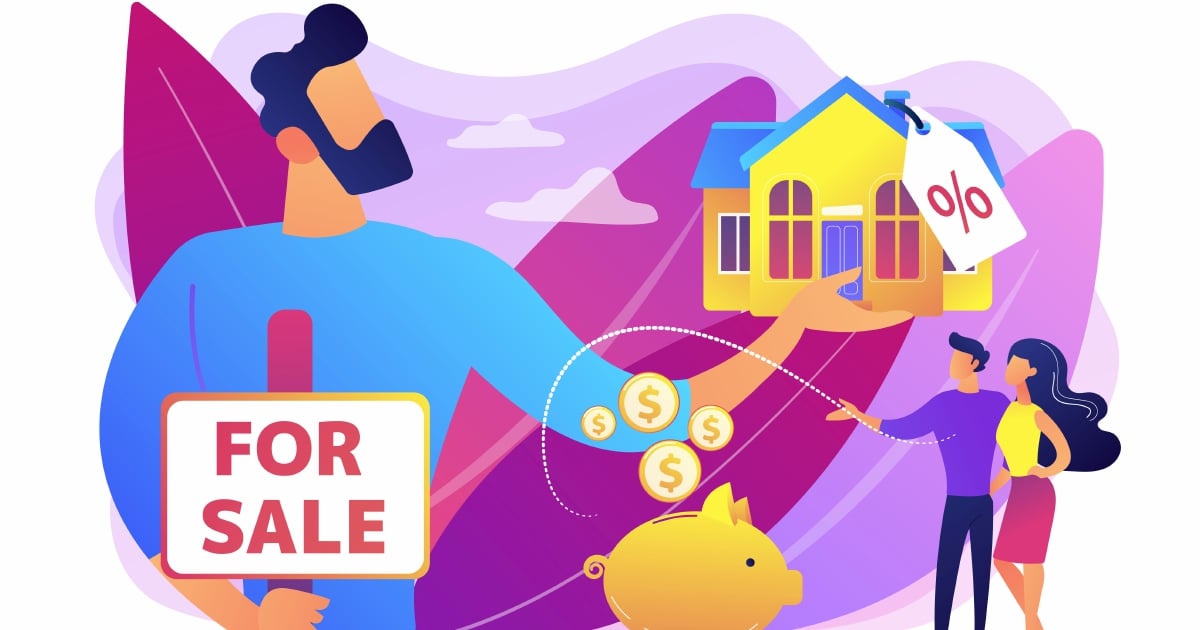TOO often, salespeople are looked down upon. This is unwise because our economic health — as individuals, businesses or nations — rises and falls on the effectiveness of salespeople.
And when we move beyond the narrow purview of money and look further afield, we discover that sales skills matter even when we’re dealing with teachers or students, parents or children, friends or strangers.
The common denominators of all forms of selling are persuasion and influence. This was hard for me to learn because as a child, teen and then young adult I absorbed, osmotically from my environment, this damaging internal monologue: “I can’t sell; and selling is NOT for me!”
I was wrong.
The writer-poet Robert Louis Stevenson, author of Treasure Island and the macabre novella The Strange Case of Dr Jekyll and Mr Hyde, observed: “Everyone lives by selling something.”
With the benefit of (lengthy) hindsight, that’s a sentiment I now subscribe to.
Most of us must “sell” our employers on hiring or retaining us, or our customers and clients on buying from us instead of from predatory competitors, IF we hope to generate sufficient income to:
1. Cover today’s living expenses;
2. Pay our regular debts in a timely fashion; and
3. Set aside surplus funds to meet future goals like funding our children’s tertiary education stints, purchasing a home or car, and retiring well in the future.
If you consider those three commonplace reasons for earning money by “selling” our services to employers, customers and clients, you’ll see we require actively earned income to pay for, respectively, our today, our yesterday and our tomorrow.
CRITICAL SKILL
Selling is a critical life skill we all should hone. If we succeed, we’ll prosper. If we fail, we, well, won’t.
While researching the subject for this Money Thoughts column, I came across the fascinating content of a blogger named Hank Martin, who writes on Medium — an American online publishing platform.
In one of his blogs was this gem of a paragraph:
“Life is selling. You sell yourself to a job, a potential mate, friends, people you barely know. Selling is a survival mechanism deeply ingrained in our biology. Some embrace this. Others shun it. But whether it is ideas, visions, passion, or yourself everyone sells something. When we interact with others we sell.”
Since the overarching super-skill of selling (which includes the associated skills of convincing and influencing) is crucial to succeeding in every dimension of human interaction — ask any teenager negotiating an allowance hike, or every nerve-wracked beau proposing to his sweetheart — it seems to me each of us who is intent on rising in life should learn to sell.
How?
GET our priorities right.
The reason many of us disdain selling as a profession is exposure to too many unprofessional sales personnel who short-sightedly badger prospects into submission merely to earn a one-off commission.
The right way to sell is to realign our mental priorities so we understand selling isn’t something we do TO someone else, but rather something we do FOR the right person.
REFRAME (within our minds) the crux of this economic activity.
Anything we sell, be it a good, a service or an idea, should first and foremost benefit those buying from us.
This means we cannot — and must not — look at potential buyers as prey to be consumed in a single gulp. Instead, we should view qualified prospects as potential lifelong partners.
HONE our communication skills.
To sell well, we should communicate effectively. This includes learning to speak well, write clearly and empathise genuinely. All these skills are learnable.
To begin the process, you might seek out a nearby Toastmasters Club to overcome shyness and learn to speak in public. With more than 200 such clubs in the country, finding an appropriate one should not be difficult.
Also, those who write well, read extensively. So, read. Then read some more. As you do so, think and act on what you learn.
BUILD a sales library.
Not surprisingly, it is logical to read about sales. Even if you aren’t immersed in conventional selling, you will need to grow your capacities for convincing and influencing.
So, buy a book or two or three or a dozen on selling.
Once you have two different titles on selling, you will have birthed your nascent sales library.
Keep building upon it. A great volume to consider early in your book-buying spree is Jeffrey Gitomer’s Sales Bible — the Ultimate Sales Resource.
Warning: You must read your books and act on what you learn. Your goal here is not to fill shelves with unread books.
In case my four suggested steps seem like too much work, consider the words of Og Mandino, author of the global bestseller The Greatest Salesman in the World:
“Obstacles are necessary for success because in selling, as in all careers of importance, victory comes only after many struggles and countless defeats.”
That’s life in a nutshell.
Let me know if I’ve “sold you” on the importance of honing your own selling skills. If so, do take the steps and do your work.
© 2025 Rajen Devadason
Rajen Devadason, CFP, is a securities commission-licensed Financial Planner, professional speaker and author. Read his free articles at www.FreeCoolArticles.com; connect with him on LinkedIn at www.linkedin.com/in/rajendevadason, or via [email protected]. You may also follow him on X @Rajen Devadason and on YouTube (Rajen Devadason).
© New Straits Times Press (M) Bhd






